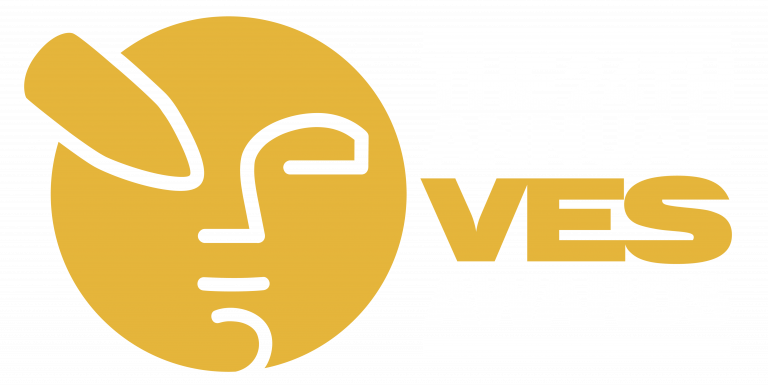
Piracy Complaint
On September 19, record labels owned by Sony Music Entertainment, Universal Music Group, and Warner Music Group filed an amended complaint against AI music startup Suno alleging that the company engaged in piracy to gather content to train its AI model.

Filed After an ICMP Report
Amidst conflicting and evolving copyright law surrounding AI, the amended complaint with the new accusations comes after the International Confederation of Music Publishers uncovered new evidence of piracy by Suno after looking into the matter for two years.
The ICMP shared their findings with Billboard, also suggesting that AI music platform Udio, also being sued by the same labels, had engaged in the same piracy methods as Suno. In the new complaint against Suno, the labels stated, “Suno’s wholesale copying of countless recordings serves none of these purposes… Suno’s motive is brazenly commercial and threatens to displace the genuine human artistry that is at the heart of copyright protection.”

The Access Angle
The lawsuit has changed its focus from just the company’s use of copyrighted material alone to the methods by which the company obtained the material, alleging that since Suno did not pay for the millions of materials, then they were likely pirated by some means.
This change in strategy comes after one federal court ruling involving AI giant Anthropic stated that simply using copyrighted materials for AI training counts as transformative and legal fair use, but pirating materials for the purpose of training is still illegal. In the case of Suno, the record labels accuse Suno of pirating music via YouTube stream-ripping, a process of saving digital files from streaming services while bypassing their anti-downloading systems. If this were found to be the case, then it would clearly violate copyright law, since there is no “fair use” exemption for stream-ripping.

Possible Premeditation
A statement that the record labels cite as evidence of Suno’s knowledge that they may be accessing copyrighted materials unfairly comes from investor in the company Antonio Rodriguez, who stated, “honestly, if we had deals with labels when this company got started, I probably wouldn’t have invested in it. I think they needed to make this product without the constraints.” The record labels allege that this suggests the company’s investors had prior knowledge of the piracy the company was supposedly committing but were willing to underwrite it.
Suno and Rodriguez would argue that the statement is merely acknowledging that amidst conflicting copyright law, the startup would be likely to be sued, even if its actions were fair.
Suno admitted its use of copyrighted material, but also stated that it “[abides] by paywalls, password protections, and the like.” The company continues to assert that its uses of copyrighted material, and the means by which it accessed it, fall under fair use.









